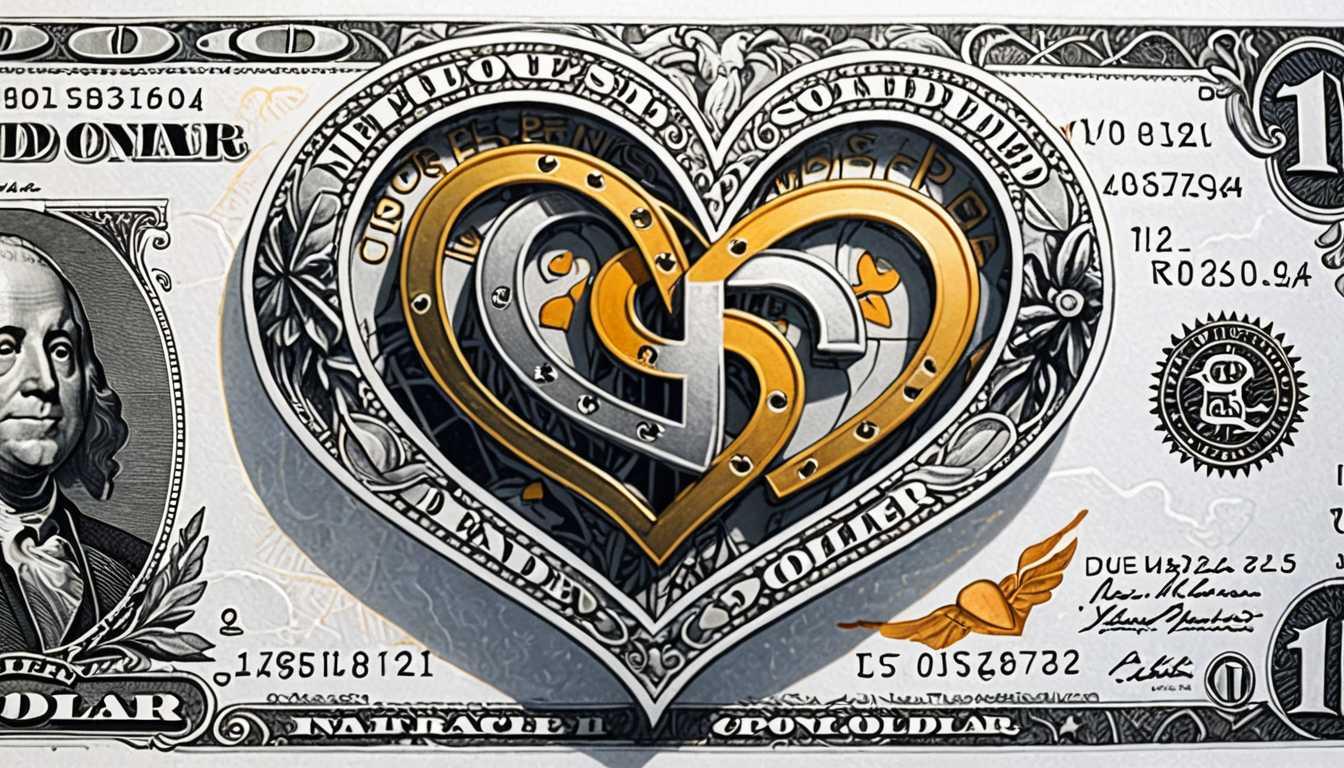The Impact of Rankings: Rise vs. Fall
September 2024
Cornell News Highlights
Introduction
Ever wondered why a drop in rankings feels worse than a rise feels good? According to Wyatt Lee, a professor at Cornell, it turns out that a firm’s fall in rank can really shake things up—especially stock prices! His study dives into the curious world of rankings and how they influence our decisions (or don’t!). It seems that people care more when they drop down the list than when they climb up. Ready to uncover more? Check out the full scoop in Cornell News Highlights!
READ FULL ARTICLEWhy It Matters
Discover how this topic shapes your world and future
The Curious Case of Rankings and Their Ripple Effects
Rankings are everywhere in our lives, from school grades to sports teams, and even your favorite social media influencers. But have you ever stopped to think about what these rankings really mean? According to research by Wyatt Lee, a professor at the Nolan School of Hotel Administration, the way we react to rankings is fascinating! His studies show that a drop in rank feels much more significant than an equivalent rise. Imagine if your favorite sports team fell from first to fifth place – the buzz would be all around, right? This concept of “reputation anxiety” explains why organizations often scramble to maintain their standing. Understanding this topic is crucial not just for businesses, but for you as a student, as it highlights how perceptions can influence decisions and emotions, both in school and beyond. It’s like a game of strategy, where knowing how rankings work can give you an edge!
Speak like a Scholar
Rankings
A system of ordering items (like companies or students) based on specific criteria, such as performance or revenue.
Reputation Anxiety
The fear of losing status or rank, which can lead individuals or organizations to take extra steps to maintain their position.
Asymmetric Effect
A situation where one outcome (like a drop in rank) has a different impact than its opposite (a rise in rank), often more severe.
Natural Experiment
A research scenario where external factors create conditions similar to a controlled experiment, allowing researchers to study effects without manipulation.
Audience Sophistication
The level of knowledge and understanding that an audience has, which can affect how they interpret information, like rankings.
Organizational Outcomes
The results or consequences of actions taken by an organization, which can be influenced by factors like rankings.
Independent Research Ideas
The Impact of Social Media on Self-Perception
Investigate how social media rankings (likes, followers) affect teenagers' self-esteem and mental health. The intriguing aspect is how virtual recognition translates to real-life feelings.
Reputation Management in the Digital Age
Explore how businesses manage their online reputation, especially when faced with negative reviews or drops in rankings. It’s interesting to see how companies navigate public opinion.
Cultural Differences in Ranking Interpretation
Study how different cultures perceive and react to rankings in education or sports. This can reveal fascinating insights about societal values.
The Psychology Behind Competition
Delve into how competition and ranking affect motivation and performance among students. Understanding the psychological aspects can help you combat pressure and enhance your own learning.
Data Visualization and Ranking Influence
Analyze how visual representations of rankings (like charts or graphs) can affect decision-making in business or education. This research can show how design impacts perception and understanding.
Related Articles

Where Leaders Are Made: University Impact
February 2024
London School of Economics (LSE)

Building Loyalty: The Power of Goodwill
December 2024
LSE Business Review

The New Tipping Etiquette: Unraveled
December 2023
Harvard University

The Real Cost of Borrowing
March 2024
Harvard University

Small Trades, Big Market Secrets Unveiled
June 2024
Cornell News Highlights